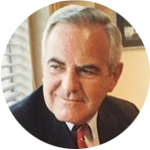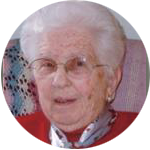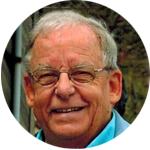
Walter V. Robinson, Pulitzer Prize-winning editor at large at The Boston Globe, is going to teach at Arizona State University’s Walter Cronkite School of Journalism and Mass Communication. He will be joining the school in January as a Donald W. Reynolds visiting professor. He will be teaching an investigative journalism class for graduate students and advanced undergraduates. He will also be working with reporters at Cronkite News, a news division of Arizona PBS with a student staff led by professionals. Robinson was editor of the Globe’s Spotlight team when he and Globe colleagues won the 2003 Pulitzer Prize for Public Service for an in-depth investigation into sexual abuse of children by priests in the Roman Catholic Archdiocese of Boston. He joined the Globe in 1972 and reported on politics and government before covering the White House during the Reagan and Bush administrations. In 1990 and 1991, Robinson was the Globe’s Middle East bureau chief during the first Persian Gulf War. In 1992, he became the Globe’s city editor, and then its metro editor for three years. During the late 1990s, Robinson was the Globe’s foreign and national correspondent. He was a journalism professor at Northeastern University of Boston from 2007 to 2014.
The Transitions were written, at least in part, from published reports by Bulletin correspondent Nimra Aziz, an undergraduate student in the Northeastern University School of Journalism.







